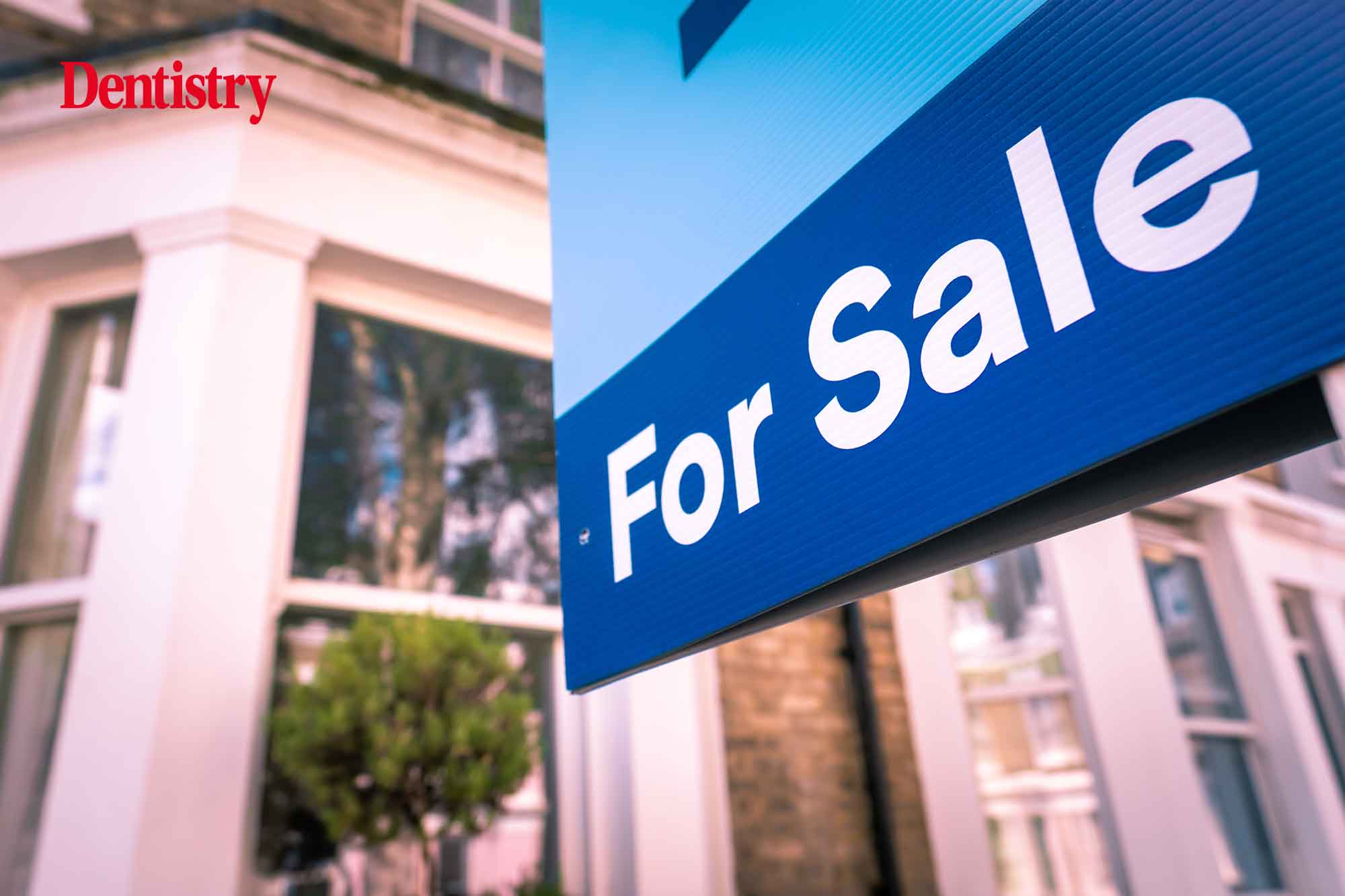 Bal Thandi, financial consultant at Wesleyan Financial Services, explores the factors that add up to your practice value.
Bal Thandi, financial consultant at Wesleyan Financial Services, explores the factors that add up to your practice value.
Dental property experts all seem to agree that far from stymieing the market, the pandemic has acted as something of a buoyancy aid.
Values have remained at pre-COVID-19 levels, if not higher. And there is big demand from buyers. In particular from associates who may well look for more control over their future.
Frank Taylor & Associates (FTA) has shared with us that the number of associates looking to buy has increased from 5,000 in March and is now in excess of 5,500.
Which means if you’re looking to sell your practice, now is a good opportunity. But how do you know what your practice is worth and how might you be able to increase its value?
Below are some factors that contribute to the valuation of your practice.
Your income streams
NHS revenue has historically been regarded as a secure revenue stream. Therefore it is a plus when it comes to the value of the practice. Income from a membership plan is also valued strongly as it shows consistent business that generates repeatable revenue.
The value of a plan to the business came to the fore during the pandemic. Many patients continued paying their fees even when they were unable to access dental services.
Specialist or general contract
If you have a specialist personal dental services (PDS) contract, it normally has a time limit of between five to 10 years.
The longer you have the contract for, the more negatively it can affect the valuation of your practice if you’re planning to sell. This is because there is only a limited time in which to generate more revenue. Some dentists off-set this potential risk by transitioning to undertake more private work alongside their PDS contract.
The core costs
Although every practice is unique and their core costs may vary depending on factors such as the size of the practice and location, a valuer will examine these costs to see whether they are a lot higher or lower than expected.
For example, in an average practice the kinds of costs they would expect to see include:
- Property cost (eg rent) of around 10% of turnover
- Materials of around 5-8%
- Lab bills of between five and 10%
- Your employed team should cost no more than 20% of turnover.
Any costs that seem unusually high or low might need examining and reviewing. These are taken into account when calculating your practice’s value. And they could enhance it depending on what they are.
Associate fees
The valuation of your practice will look at whether a new owner will use an associate at all. Or as much as you currently do.
For example, if you’ve been reducing the number of days you work in the practice and had an associate working three days a week, but the new owner intends to work full-time hours without an associate, the cost of paying the associate can be added back into your profit.
Accurate valuations lead to informed decisions
The dental property market is booming right now. Fortunately for sellers, there are a lot of buyers looking for a practice.
If you’re considering selling, whether it’s to move onto the next challenge or because you want to take your foot off the gas for a while, it’s worthwhile finding out just how much your practice is worth. That way you can make an informed decision about what the best next step is for you.
To gain an accurate valuation, it’s a good idea to speak to an expert broker.
Having all your financial figures to hand. Three years of accounts to evidence consistent repeatable if not increased revenue, will help you to understand what your practice is truly worth and if now is the right time to sell.
If you would like to book a no-obligation financial review to get your figures in order, you can book one at www.wesleyan.co.uk/dental or call 0800 316 3784.


